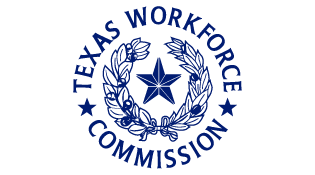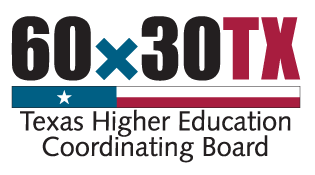If you’re working with college-bound seniors this year, you’ll want to help them stay on track. With virtual schooling and uncertain variables popping up, we’re here to help with tips on crafting a college prep checklist during COVID-19.
Looking for even more great college application tips? Log into the Texas OnCourse Academy and check out our section on Postsecondary Pathways, which includes information on researching colleges, entrance exams, college applications, and more.
Here is our college prep checklist to share with your students:
- Make a college list.
Students should take time to consider non-negotiable factors – for instance, cost, COVID-19 offerings and changes, available majors – and create their college list. In this blog on crafting a college list, veteran counselor Stephanie Perez Gill offers many tips, including applying to at least 4 colleges but not more than 10.
- Stop, drop, and FAFSA (or TASFA)!
Need we say more? OK, we’ll say a little more. Even students who think they won’t qualify for financial aid should complete the FAFSA – they might be surprised. For a limited time, students can use the FAFSA4caster, an eligibility estimator tool that can help students plan for college (the tool is available through September 27, 2020). And students who don’t qualify for federal financial aid should complete the TASFA, as they might qualify for state aid.
- Determine whether testing is necessary.
In the wake of COVID-19, many schools have opted to go test-optional when it comes to admissions – meaning SAT and ACT scores are not necessary to apply. Have students check NACAC’s database of test-optional schools to stay in-the-know. If certain schools of interest are still requiring SAT/ACT testing, make sure your students register early!
- Do the writing.
It’s never too early for a student to craft their first resume. This document should include a heading (introducing the student), education, work experience (including volunteerism), extracurriculars, skills, and honors (both in and outside of school). Students can also begin researching essay prompts from different admissions offices and start brainstorming what they would write about. Educators can learn more about advising students on resumes, essays and writing samples in this webinar.
- Connect with a counselor and educators.
Students should connect with counselors so that they can be open to receiving support if they hit a stumbling block or have questions about an application. Students should also begin considering which of their educators would be best fit to write a letter of recommendation about their abilities.
- Monitor deadlines.
Students should stay organized with a digital or hardcopy planner that lists application deadlines, testing dates, and more. Students can also sign up for text and email nudges from various testing entities, such as the ACT, so they never miss a deadline. Educators can view our online calendar for major academic deadlines by grade as well.
- Become a virtual explorer.
In the wake of COVID-19, many colleges are offering virtual tour options. Have students explore sites such as eCampusTours, You Visit, and Campus Tours to see if their college of interest has a virtual tour option. Students should encourage their parents and guardians to join the virtual visits.
Looking for more great college application tips? Log into the Texas OnCourse Academy and check out the Postsecondary Pathways module.






